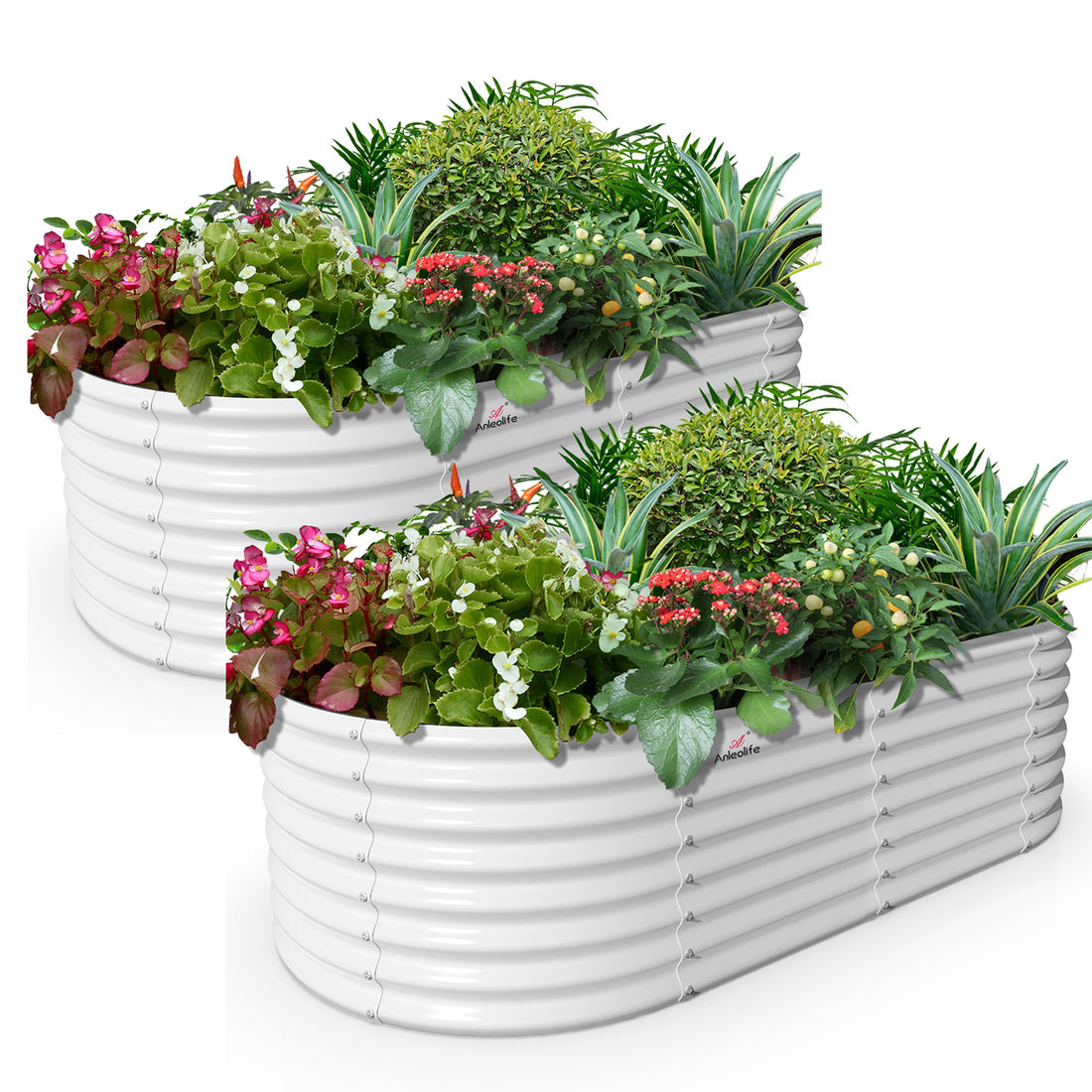5 Benefits of Using Raised Garden Beds in Your Backyard
الجسم
Enhanced Soil Quality
See or not see, determine whether you feel interesting or bored raised garden bed.Raised garden beds offer a controlled environment for your plants, allowing you to customize the soil composition to suit the specific needs of your crops. By using a mix of topsoil, compost, and other organic materials, you can create a nutrient-rich soil that promotes healthy plant growth. This tailored approach ensures that your plants receive the essential nutrients they require, leading to higher yields and better overall plant health.

Improved Drainage
One of the key advantages of raised garden beds is their superior drainage capabilities. The elevated design of these beds prevents waterlogging, which can be detrimental to plant roots. Excess water is able to drain more efficiently, reducing the risk of root rot and other water-related issues. This enhanced drainage also means that raised garden beds are less susceptible to soil erosion, helping to maintain the integrity of your garden over time.
Extended Growing Season
Due to their elevated structure, raised garden beds warm up faster in the spring, allowing you to start planting earlier than traditional ground-level gardens. This extended growing season gives you a head start on your gardening efforts and enables you to enjoy fresh produce for a longer period. Additionally, the raised design helps to protect plants from late frosts, further extending the growing season and maximizing your harvest.
Accessibility and Ergonomics
One of the often-overlooked benefits of raised garden beds is their accessibility. The elevated height of these beds reduces the need for bending or kneeling, making gardening tasks more comfortable and convenient. This is especially beneficial for individuals with mobility issues or back problems, as it minimizes strain on the body. By bringing the garden to a more manageable height, raised beds make it easier for gardeners of all ages and abilities to enjoy the therapeutic benefits of gardening.
Pest and Weed Control
Another advantage of raised garden beds is their ability to deter pests and weeds. The contained environment of these beds makes it easier to monitor and control unwanted intruders, such as insects and rodents. Additionally, the elevated design can act as a physical barrier to crawling pests, reducing the risk of infestations. By minimizing weed growth and pest damage, raised garden beds help to maintain a healthier and more productive garden.
In conclusion, the benefits of using raised garden beds in your backyard are numerous and varied. From improved soil quality and drainage to extended growing seasons and enhanced accessibility, these beds offer a range of advantages for gardeners of all skill levels. By incorporating raised garden beds into your gardening routine, you can create a thriving and sustainable garden that yields bountiful harvests year after year.










تعليقات